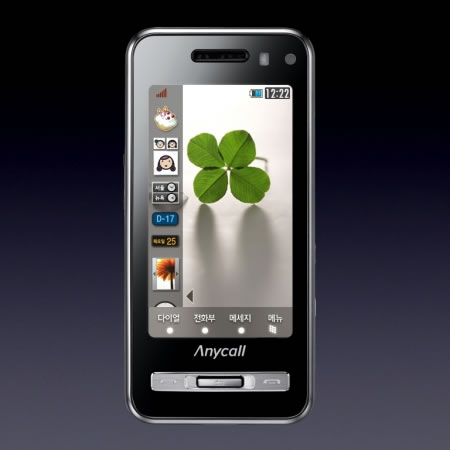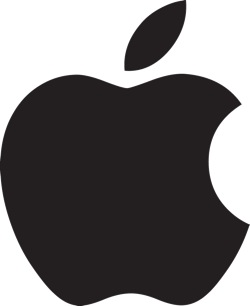 It’s about time, don’t you think? At this week’s Professional Developer’s Conference in Los Angeles, Microsoft business chief Chris Caposella debuted Tuesday Office Web Applications, which are versions of Word, Excel, PowerPoint and OneNote that are accessible through the web browser.
It’s about time, don’t you think? At this week’s Professional Developer’s Conference in Los Angeles, Microsoft business chief Chris Caposella debuted Tuesday Office Web Applications, which are versions of Word, Excel, PowerPoint and OneNote that are accessible through the web browser.
This should not be confused with Microsoft’s two other “Office” web products, which are Office Online, Microsoft’s clipart and template website, and Office Live Workspace, a suite of business-centric productivity applications. Instead, these are actual web-based versions of Office programs, something most technology pundits had always assumed the Redmond company was going to pursue anyway.
 The new web applications would be available through the Office Live product, which makes a lot of sense (and leads one to ask why this wasn’t done in the first place). No release date has been given, although it is expected to be available as a private technology preview later this year. Final release is expected upon the launch of the “next version of Office,” according to press materials.
The new web applications would be available through the Office Live product, which makes a lot of sense (and leads one to ask why this wasn’t done in the first place). No release date has been given, although it is expected to be available as a private technology preview later this year. Final release is expected upon the launch of the “next version of Office,” according to press materials.
Mary Jo Foley suggests this launch date may be either late 2009 or early 2010 according to her post on today’s news.
Caposella had this to say about the company’s strategy:
We are deeply committed to offering our customers the technology they need to succeed. To that end, we’re investing in software plus services for the long term, something that sets us apart from our competitors.
 Indeed, “software plus services” has become a major part of Microsoft strategy for dealing with Web 2.0 and beyond. The company seems to disagree with the notion that all software is moving from desktop-based to Web-based, instead arguing that customers want the option of both.
Indeed, “software plus services” has become a major part of Microsoft strategy for dealing with Web 2.0 and beyond. The company seems to disagree with the notion that all software is moving from desktop-based to Web-based, instead arguing that customers want the option of both.
To this end Microsoft has also been especially sensitive in support of web standards. Rather than make Office Web applications based on some proprietary technology such as Sliverlight, it is expected that Ajax would be used, thus making the applications browser and operating system agnostic. That’s a good move if it pans out.
 Some have labeled this as a suprise move by the company. While the timing is, the launch of web-based Office should not be. With web applications quickly gaining traction in the marketplace, and the company’s aforementioned strategy, moving one of its key software products to a web-based platform should be no big shock.
Some have labeled this as a suprise move by the company. While the timing is, the launch of web-based Office should not be. With web applications quickly gaining traction in the marketplace, and the company’s aforementioned strategy, moving one of its key software products to a web-based platform should be no big shock.
Harry’s at PDC, and he’ll have more on this story as well as other news throughout the week.










